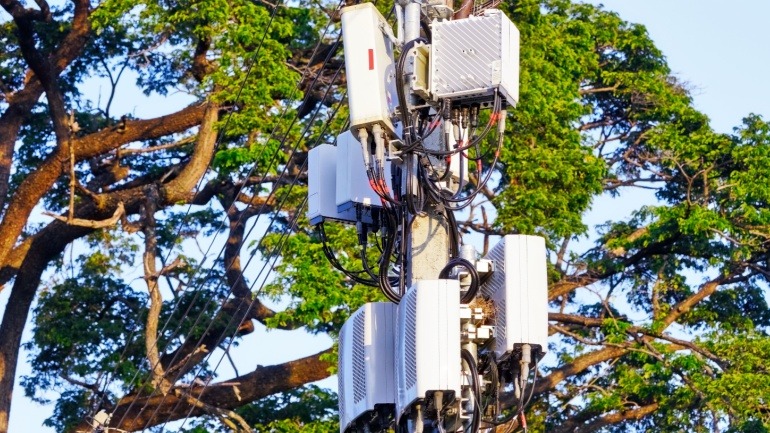Vodafone Idea is advancing India’s telecom infrastructure by expanding its 5G network to 23 more cities, including Ahmedabad and Jaipur. This strategic rollout leverages AI-driven Self-Organising Networks for optimized performance. By partnering with Nokia, Ericsson, and Samsung, Vodafone Idea ensures robust 5G coverage.
Enterprises across Europe recognize the power of AI and 5G to drive innovation, yet face major hurdles in adoption. Ericsson research reveals that outdated systems, skill shortages, and complex telecom solutions are stalling progress. While the UK leads in optimism and investment, many European firms struggle with rising costs and poor connectivity.
The Swedish Armed Forces have joined the NorthStar programme to explore 5G’s potential in military operations. This partnership with Telia and Ericsson focuses on secure communications, mission-critical functions, and temporary networks, strengthening Sweden’s defense through private sector innovation and advanced technology.
Rogers Communications’ initiation of Ericsson’s 5G Advanced technology in Canada sets a new standard for telecommunications, focusing on enhancing network efficiency and IoT connectivity. This advanced technology optimizes wearables, sensors, and essential services for emergency responders.
Nokia’s strategic alliance with Andorix aims to revolutionize the private 5G landscape, integrating advanced communication solutions across commercial, retail, and residential properties. Emphasizing Nokia’s expertise in private wireless networks and Andorix’s smart building capabilities, this partnership promises enhanced connectivity.
Spark and Air New Zealand have launched the country’s first 5G private network at Auckland Airport, revolutionizing logistics with real-time data, autonomous robots, and drones. This cutting edge system boosts safety, accuracy, and efficiency while paving the way for broader industrial automation and digital innovation.
EE is boosting 5G in central London with 80 small cells in Westminster, enhancing coverage through discreet installations on structures like lampposts. In partnership with Ontix, Nokia and Ericsson, this expansion supports EE’s goal of nationwide 5G by 2028 while improving performance in high-demand areas using advanced network analytics and cutting-edge standalone 5G technology.
Ericsson, AstraZeneca, Saab, SEB, and Wallenberg Investments are building Sweden’s largest AI supercomputer with Nvidia to support secure local computing. The project aims to accelerate AI research and applications across sectors, including healthcare, defense, and finance, while Ericsson also advances its 5G rollout in Jersey.
MasOrange, Spain’s top mobile provider, has secured an impressive 11 billion euros financing for a bold fiber optic venture with Vodafone Spain. This positions MasOrange to become a leading player in Spain’s fiber network landscape. These strategic funds will enhance MasOrange’s telecom initiatives, including leveraging advanced 5G technology.
Vodafone Idea is accelerating its 5G rollout across India with trials in Delhi and recent launches in key cities. Leveraging advanced energy-efficient infrastructure and AI tools, the company aims to boost network performance while expanding 4G coverage. Strategic partnerships and financial restructuring are central to its revival.













